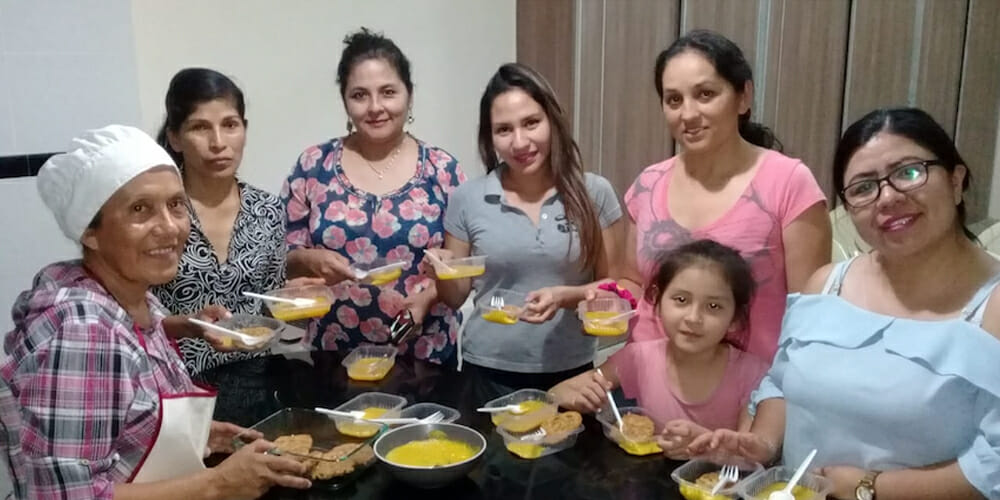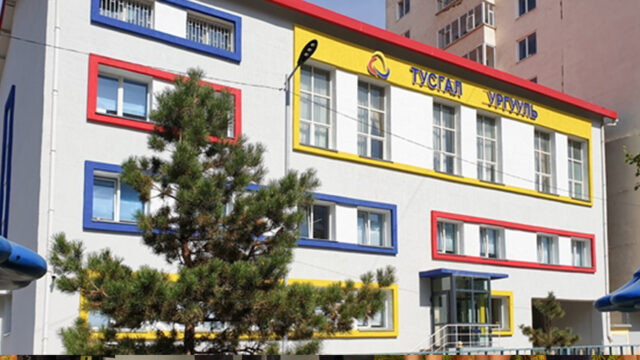More than 60 percent of participants say they were drawn by posts on social media.

Rita Labra lived only four blocks from a Center of Influence called Espacio Vida Sana [Healthy Life Corner], located in downtown Santa Cruz de la Sierra, in Bolivia. However, she learned of two initiatives developed by young Adventists involved in the “One Year in Mission” (OYiM) program through social media networks. A neighbor saw the post on Facebook and shared the news with her. Labra decided to go to the center to learn more about vegetarian cooking.
Labra used the knowledge she acquired to launch a homemade-meals small business. Now she also sells healthy foods.
After she completed the vegetarian cooking course, Labra enrolled in a physical therapy class, then in fitness activities, and finally in a session that promised to explain Bible topics to her. “I learned things I did not know — important things for my health,” she said.
Labra’s interactions with the center began in May 2018. The center was built in a strategic area of the city, which has a population of 1.7 million. The initiative includes the services of 20 young people from several countries who offer, free of charge, many courses and presentations of interest to the community in the areas of music, health, education, theology, and others.
In addition to that Center of Influence in downtown Santa Cruz, two other branches are offering several learning options for the city residents.
Digital Invitations
General coordinator Pablo Moleros explained that communication with prospects changed after his ministry switched to messages on social media to advertise its activities. Traditional methods had included going door to door to invite and register those who showed interest, and advertising on Adventist radio stations.
“The use of social networks, however, changed the way young people communicate with people like Labra and so many others,” organizers reported. “Also, recent figures show that digital presence was essential to let people know about the [Center of Influence] initiatives. As of August, 971 people had enrolled in the courses offered in the three centers. However, thanks to messages sent on WhatsApp, 1,820 people attended. And the Facebook pages of the centers now have 3,400 regular followers.”
Data gathered from participants showed that 62 percent of residents say they enrolled because of social networks ads, and just 28 percent because of a printed poster they saw.
Moleros explained that the decision to strengthen digital communication ties with the community arose for very specific reasons. The main reason is that traditional methods were not working. Young people going door to door reported finding empty buildings or houses where residents didn’t even want to open their door, let alone talk to them.
With the support of volunteers trained in communication and digital technology, organizers created a digital registration system, and participant numbers went up. Each course opened a specific WhatsApp group account, and in each of the various digital channels, participants can support each other and exchange ideas.
Adventist radio stations remain an important channel of communication, organizers said, as they share information on the courses available through WhatsApp and other social media accounts. People can then subscribe and get information on their devices.
“No doubt, more people are aware now of our offers and can decide to attend our Centers of Influence,” the organizers said.








